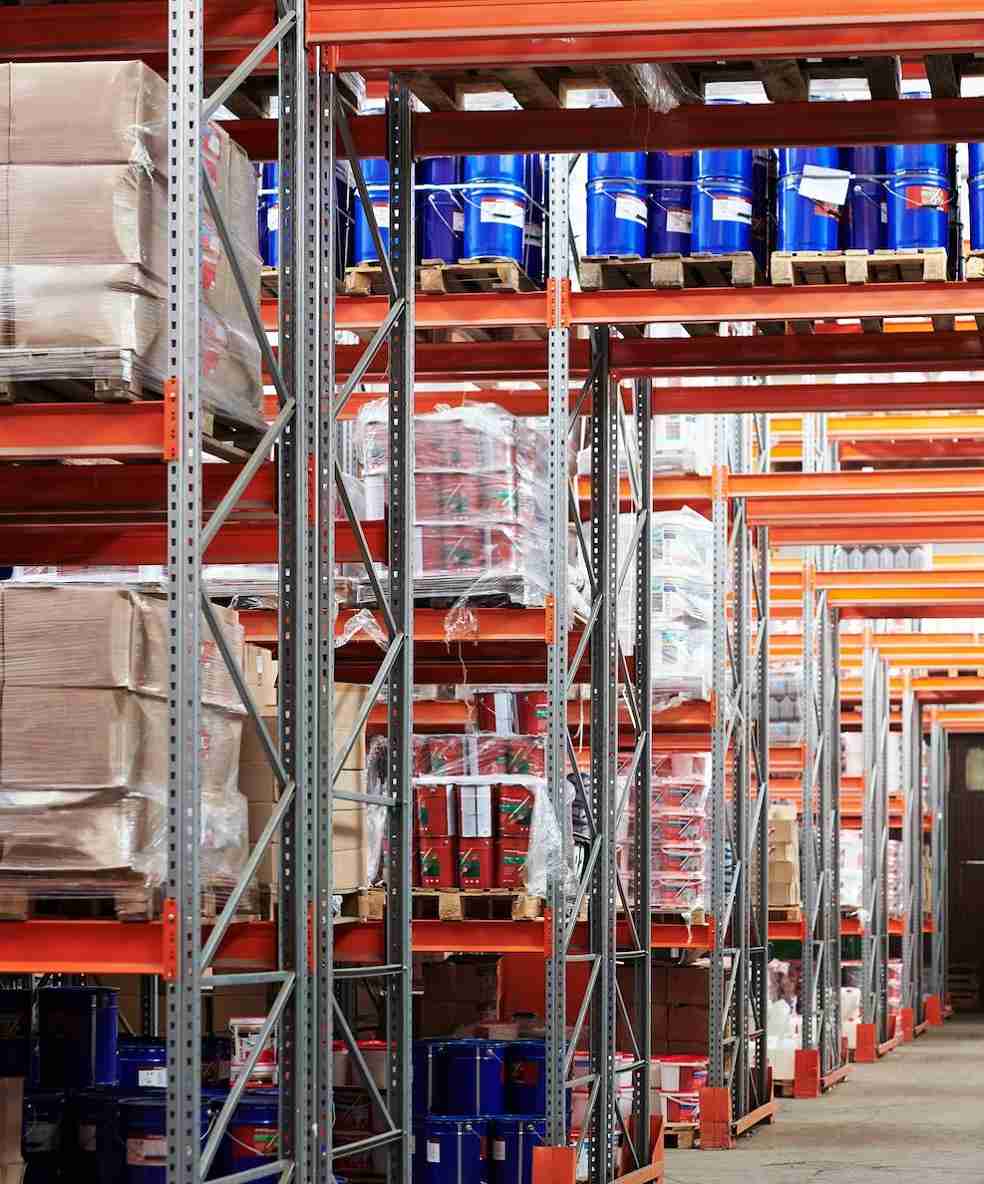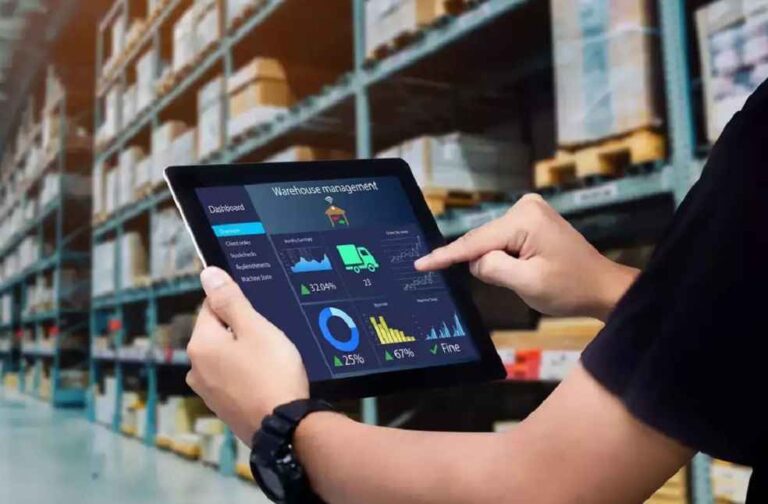A newly adopted model law by the United Nations promises to unlock financing for commodity producers in developing countries while curbing financing fraud. This law, which governs warehouse receipts, organizes a clear legal framework to bolster banks’ confidence in using these receipts as a guarantee.
Developed by the International Institute for the Unification of Private Law (UNIDROIT) and the UN Commission on International Trade Law (UNCITRAL), the law received approval from UNCITRAL on June 26 after UNIDROIT’s endorsement in mid-May.
Driving Economic Growth
Supporters highlight the model law’s potential benefits for developing nations with ample agricultural commodities but inadequate legal structures to support warehouse receipt financing. This framework addresses the core elements needed to regulate the private law aspects of warehouse receipt systems, with a strong emphasis on facilitating finance.
Warehouse receipts, issued by operators to goods owners, can be traded or used as loan collateral while the commodities remain in storage. The model law accommodates both paper-based and electronic receipts, ensuring adaptability to several technological contexts.

Building Trust and Security
The law’s adoption is expected to boost trust among financial institutions by providing a well-defined legal structure. It allows for the use of central registries, distributed ledgers, and other technologies to manage electronic warehouse receipts, ensuring their reliable issuance and transfer.
This technological flexibility supports fintech innovations, potentially reducing financing costs for small and medium-sized enterprises. UNIDROIT emphasizes the necessity of a robust legal framework for an effective warehouse receipt system, particularly vital in the agricultural sector for small entrepreneurs.
Tackling Fraud
Electronic warehouse receipts are set to minimize fraud, a persistent issue with paper-based receipts. Fraudulent activities, such as duplicating receipts or issuing them for non-existent or already-owned commodities, have led to major financial losses. The model law aims to prevent such risks by ensuring the integrity and control of electronic receipts from creation to expiration.

Looking Ahead
The final text of the model law will be published later this year, with an enactment guide expected in 2025. This law aligns with other UN initiatives, such as the Model Law on Electronic Transferable Records (MLETR), which has played a key role in digitalizing traditional trade documents.
UNCITRAL is also close to finalizing a model law for negotiable cargo documents, while UNIDROIT has crafted a model law on factoring. These initiatives aim to modernize international trade law, creating a more secure and efficient global commerce environment.
POLICY & LAW | WTO Pumps $648 Billion into Global Trade for Developing Nations



